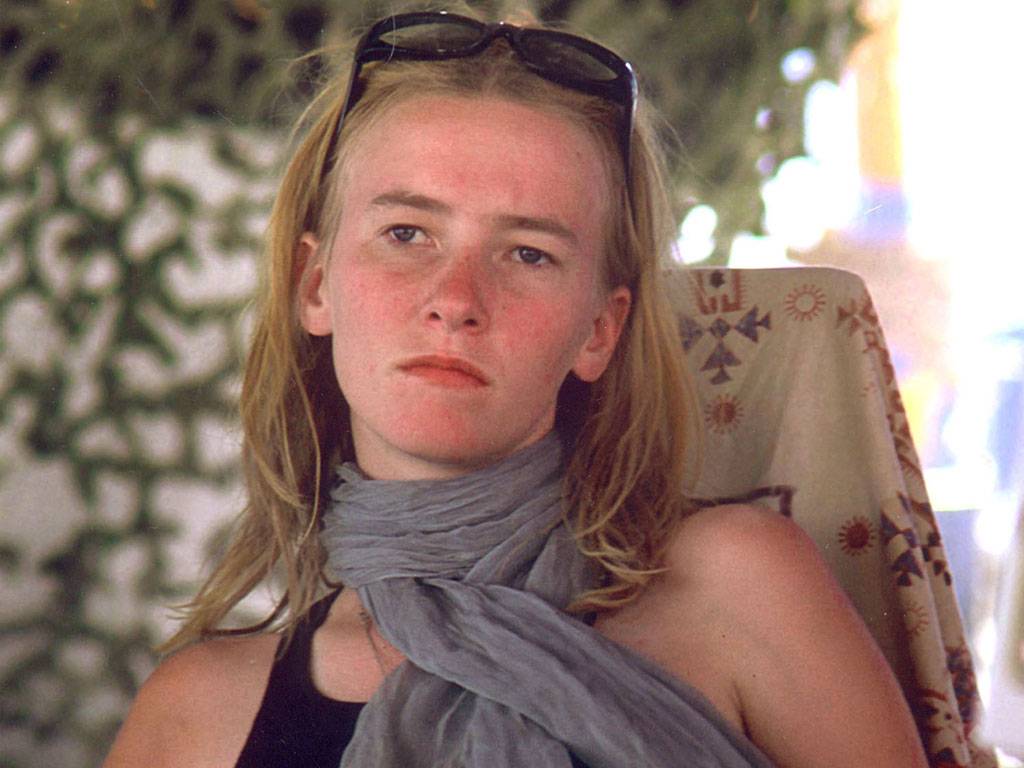-

Remember Rachel
16th March 2014 | International Solidarity Movement | Occupied Palestine On this date 11 years ago, ISM volunteer Rachel Corrie was brutally murdered by the Israeli army in Gaza. Rachel was 23-years-old. This interview was filmed two days before Rachel was killed and her words are still unfortunately relevant when describing the situation in Gaza. […]
-

Kafr Qaddum’s protest honors Palestinian martyrs
14th March 2014 | International Solidarity Movement, Nablus Team | Kafr Qaddum, Occupied Palestine Today’s demonstration in Kafr Qaddum was held as a tribute to the seven martyrs who were killed by the Israeli army the past month in the West Bank. The participants carried posters of one of the martyrs, Moataz Washaha, who was […]
-

Armed settlers occupy village land in Hebron
14th March 2014 | International Solidarity Movement, Team Khalil | Arab ar Rashyaida, Occupied Palestine On Tuesday 11th March 2014 villagers from Arab ar Rashyaida, 15 kilometers (10 miles) west of Hebron, noticed that a large tent and industrial digger had moved onto a hill top on a villagers land. ISM Hebron was called and accompanied […]
Action Alert An Nabi Saleh Apartheid Wall Arrests BDS Bethlehem Bil'in Cast Lead Demonstration Denial of Entry Ethnic Cleansing Farmers Gaza Global Actions Hebron House Demolition International law Israeli Army Jerusalem Live Ammunition Nablus Ni'lin Prisoner Ramallah Rubber-coated steel bullets Settlement Settlers Settler violence Tear-Gas Canister Video
